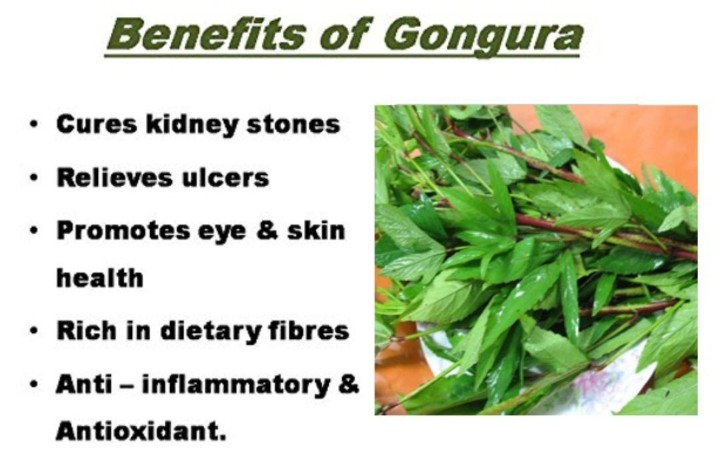benefits of vitamin D
Vitamin D Rich food
1. Fatty fish, such as salmon, tuna, and mackerel
2. Fortified dairy products, such as milk and yogurt
3. Egg yolks
4. Fortified grains and cereals
5. Mushrooms
Benefits of vitamin D:
1. Promotes healthy bones and teeth by aiding in the absorption of calcium and phosphorus
2. Helps reduce the risk of osteoporosis and fractures
3. Regulates immune system function and may reduce the risk of autoimmune diseases
4. May improve mood and reduce the risk of depression
5. May decrease the risk of certain cancers, such as colorectal cancer
6. May improve heart health by reducing the risk of cardiovascular disease.
It's important to note that the body can also produce vitamin D through exposure to sunlight. However, it's often difficult to get enough vitamin D through sunlight alone, especially during the winter months. So Increase take of vitamin d Rich food frequently.


